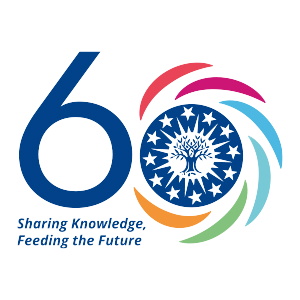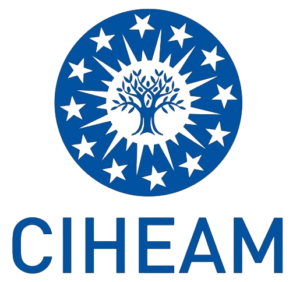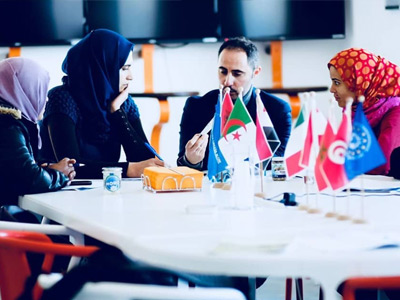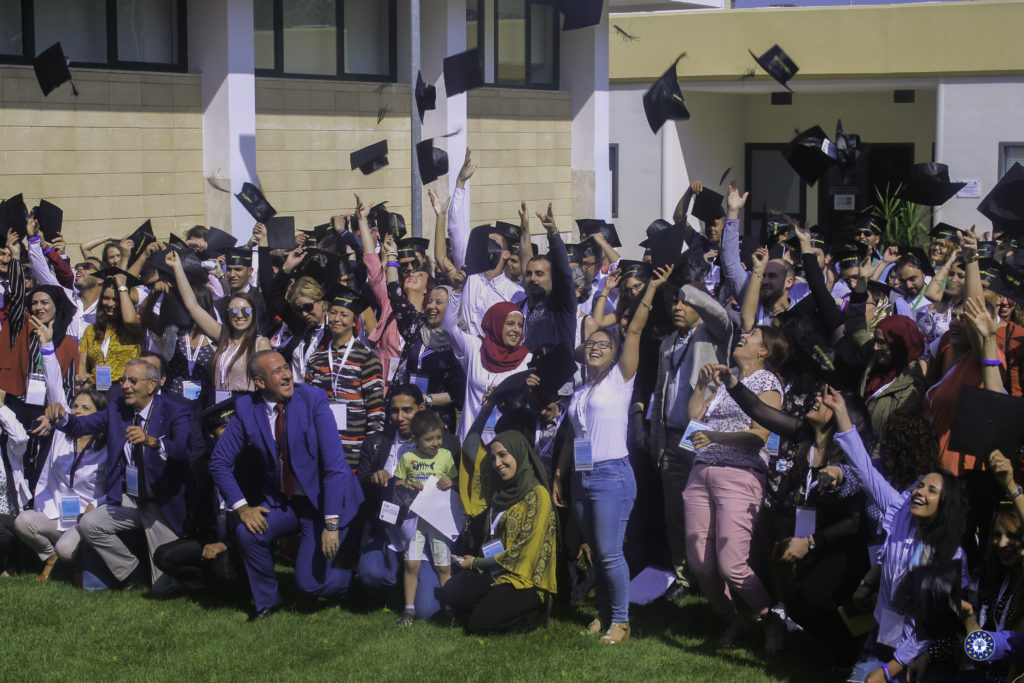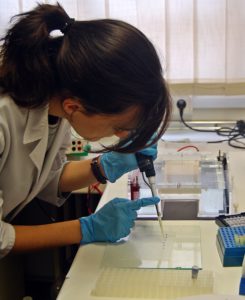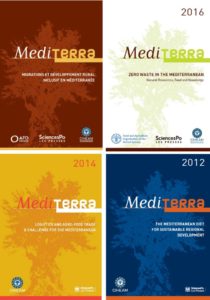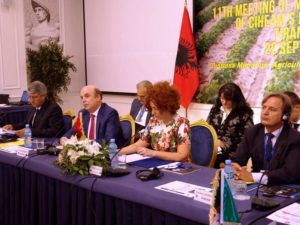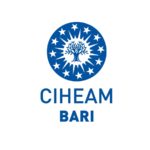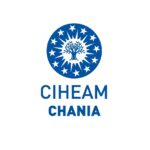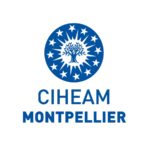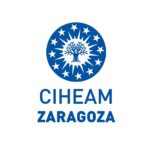Modernising Algeria’s Agriculture: The CIHEAM Reaffirms its Support
Algiers, 27–28 October 2025
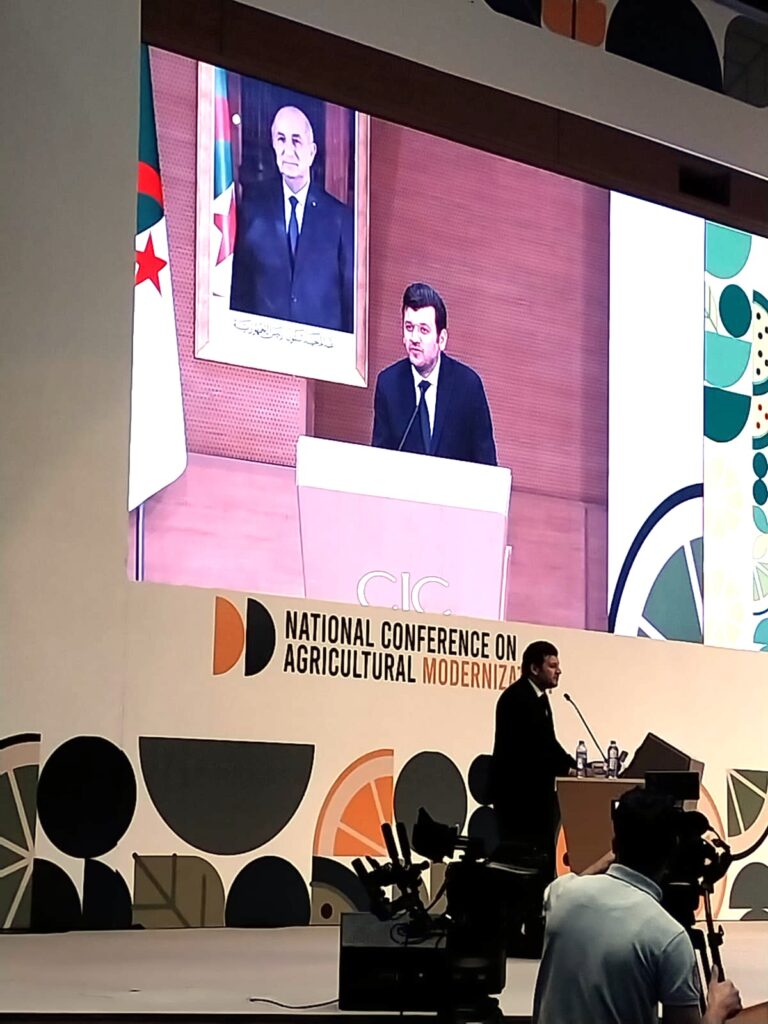
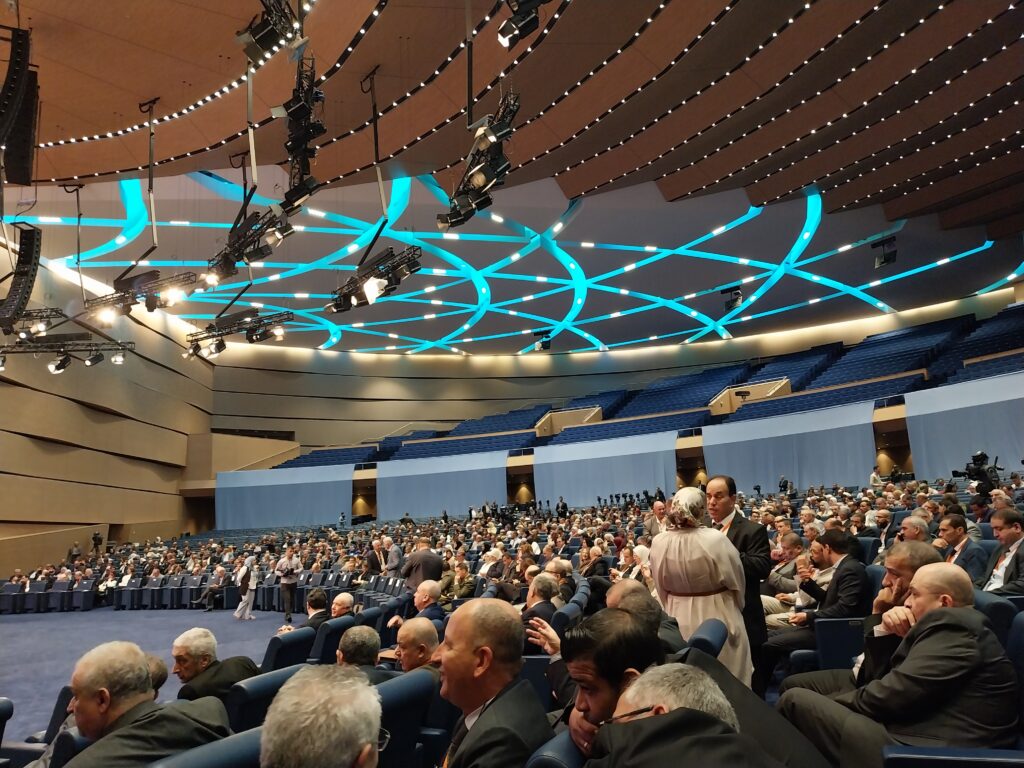
A member of the CIHEAM since 1986, Algeria is entering a new phase in the modernisation of its agricultural sector, with scientific research, digitalisation, and sustainable investment forming the cornerstones of its national strategy for food security. The National Conference on the Modernisation of Agriculture, held on 27 and 28 October 2025, brought together the country’s leading institutional, scientific, and economic stakeholders, alongside international experts, around a common goal: strengthening national food sovereignty. Chaired by Mr Yacine El Mahdi Oualid, Minister of Agriculture, Rural Development and Fisheries, in the presence of several members of the government, the event also featured thematic workshops, the conclusions and recommendations of which were made public.
Active Participation of the CIHEAM in the Conference
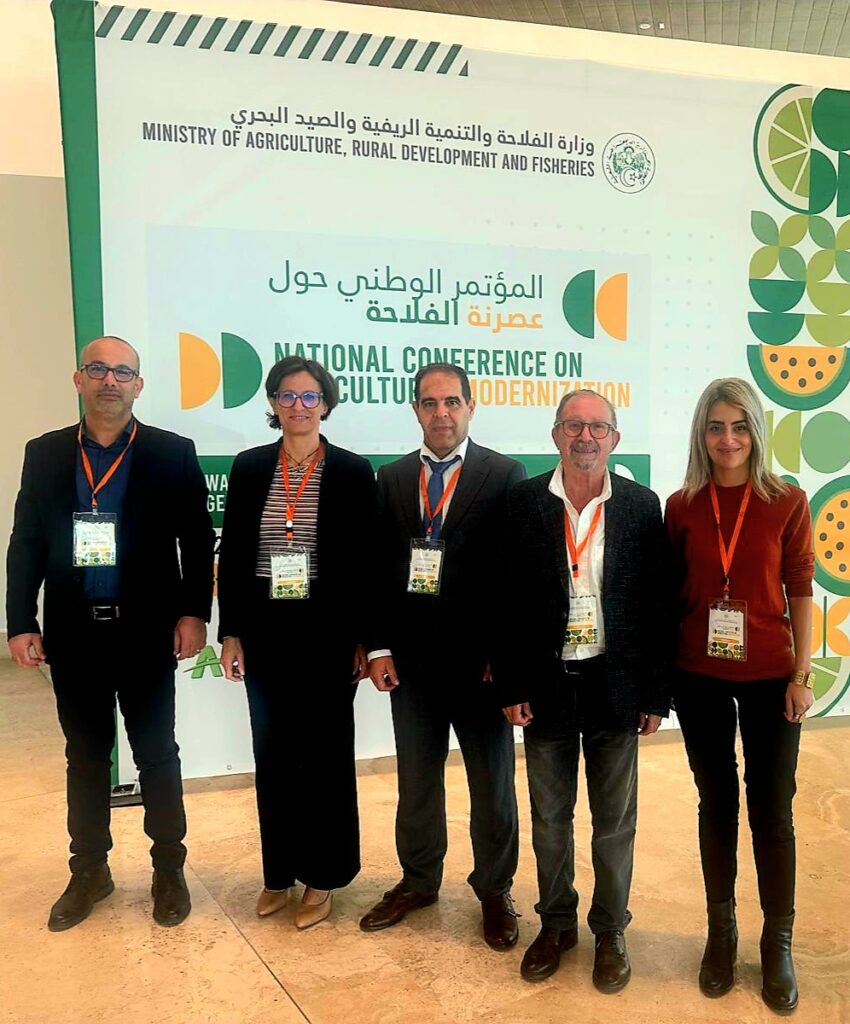
The CIHEAM took part in the event through a delegation composed of Ms Mara Semeraro, Manager of Scientific Area (CIHEAM Bari); Mr Abdelouahid Fouial, Senior Expert, Integrated Resource Management Unit (CIHEAM Bari); Mr Omar Bessaoud, Principal Scientific Administrator (CIHEAM Montpellier); Mr Ramzi Belkhodja, Principal Administrator and Head of Training (CIHEAM Zaragoza); and Ms Yasmine Seghirate, Administrator at the CIHEAM General Secretariat and Focal Point for Women and Youth Leadership. The delegation made an active contribution to the thematic workshops which focused on optimising production in strategic value chains, market regulation, sustainable management of natural resources, agricultural information systems and digital transformation, agricultural land and farm organisation, as well as institutional modernisation and governance.
At the Crossroads of Progress and Structural Challenges
In his address, Minister Yacine El Mahdi Oualid presented a clear-eyed assessment of Algeria’s agricultural sector, highlighting both its achievements and the structural challenges that persist. He noted that agriculture accounts for 14.5% of the national GDP and employs more than 2.6 million people, while only 8.5 million hectares are cultivated — a mere 3.6% of the country’s total land area. Average cereal yields remain limited to 18 quintals per hectare, compared with 35 quintals in countries with similar climates, while milk productivity stands at 3,000 litres per cow per year.
The Minister also highlighted that 20 to 30% of agricultural production is lost each year due to insufficient storage and refrigeration infrastructure, and that modern irrigation techniques cover only 15% of irrigated areas, despite the fact that the country uses just 7% of its 100 billion m³ of annual rainfall. He emphasised that these figues illustrate both the scale of the country’s untapped agricultural potential and the urgency of a structural transformation grounded in science, digitalisation, and effective water management. The stated objective is to achieve cereal yields of 35–40 quintals per hectare within five years, thereby consolidating the foundations of national food sovereignty.
Science, Digitalisation and Governance: The Levers of Sustainable Modernisation
While the challenges remain considerable — including low yields, post-harvest losses, incomplete irrigation modernisation, and persistent dependence on imports — they also reveal a vast potential for transformation driven by knowledge, training, and innovation.
Through its four Institutes and General Secretariat, for decades, the CIHEAM has supported institutions, researchers, and economic actors in their modernisation efforts, especially in the areas of integrated water management, precision agriculture, valorisation of local production, and capacity-building. The new direction of the Algerian government — centred on the establishment of a National Scientific Council for Food Security, the establishment of a unified agricultural information system, and greater use of satellite technologies and artificial intelligence — opens up new prospects for bilateral and regional cooperation within the framework of CIHEAM programmes.

